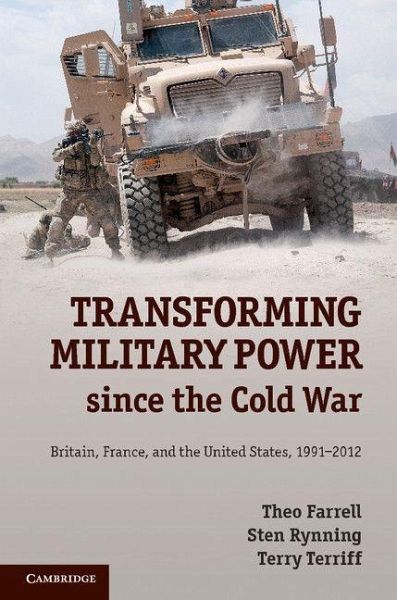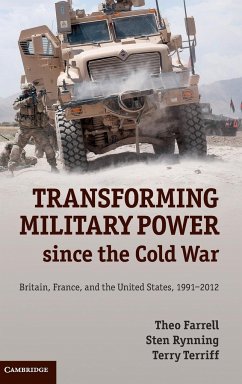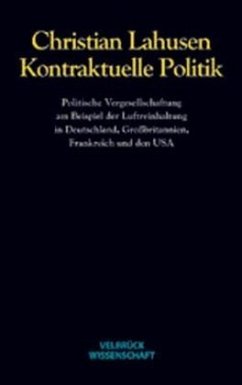
Transforming Military Power since the Cold War
Versandkostenfrei!
Versandfertig in 1-2 Wochen
34,99 €
inkl. MwSt.
Weitere Ausgaben:

PAYBACK Punkte
17 °P sammeln!
This book provides an authoritative account of how the US, British, and French armies have transformed since the end of the Cold War. All three armies have sought to respond to changes in their strategic and socio-technological environments by developing more expeditionary capable and networked forces. Drawing on extensive archival research, hundreds of interviews, and unprecedented access to official documents, the authors examine both the process and the outcomes of army transformation, and ask how organizational interests, emerging ideas, and key entrepreneurial leaders interact in shaping ...
This book provides an authoritative account of how the US, British, and French armies have transformed since the end of the Cold War. All three armies have sought to respond to changes in their strategic and socio-technological environments by developing more expeditionary capable and networked forces. Drawing on extensive archival research, hundreds of interviews, and unprecedented access to official documents, the authors examine both the process and the outcomes of army transformation, and ask how organizational interests, emerging ideas, and key entrepreneurial leaders interact in shaping the direction of military change. They also explore how programs of army transformation change over time, as new technologies moved from research to development, and as lessons from operations were absorbed. In framing these issues, they draw on military innovation scholarship and, in addressing them, produce findings with general relevance for the study of how militaries innovate.














